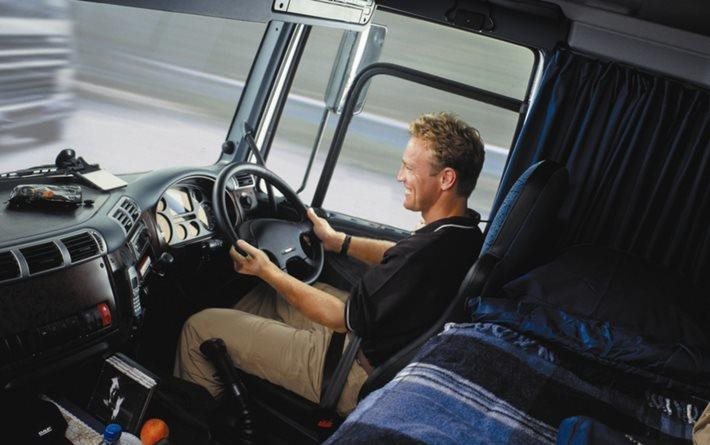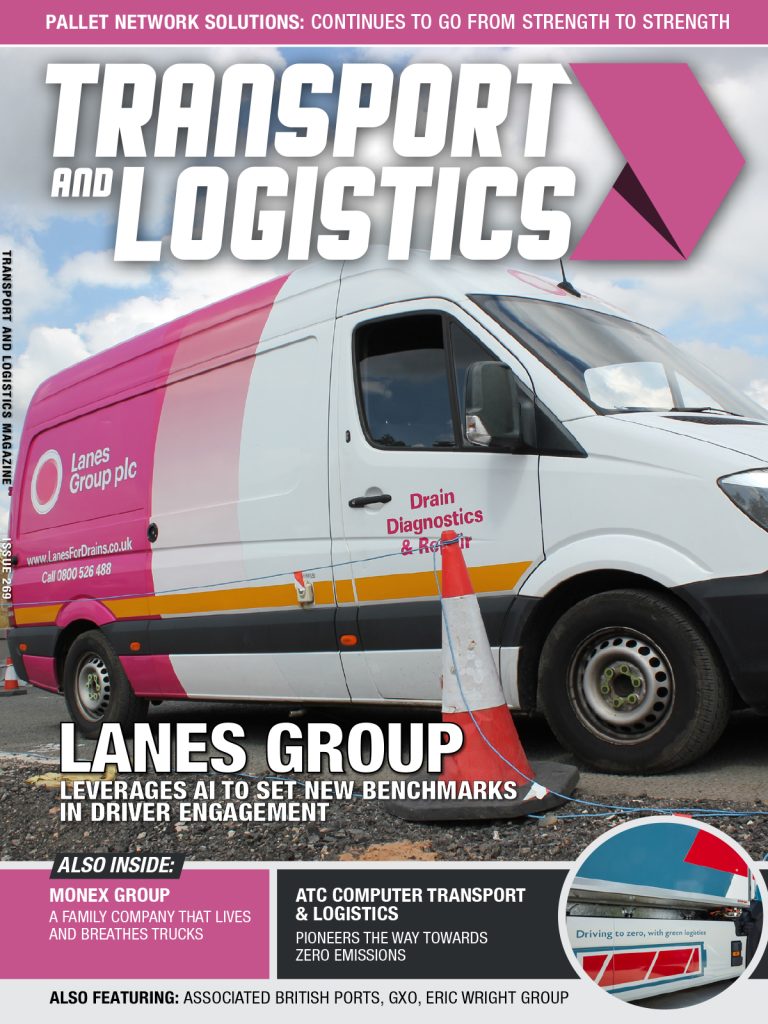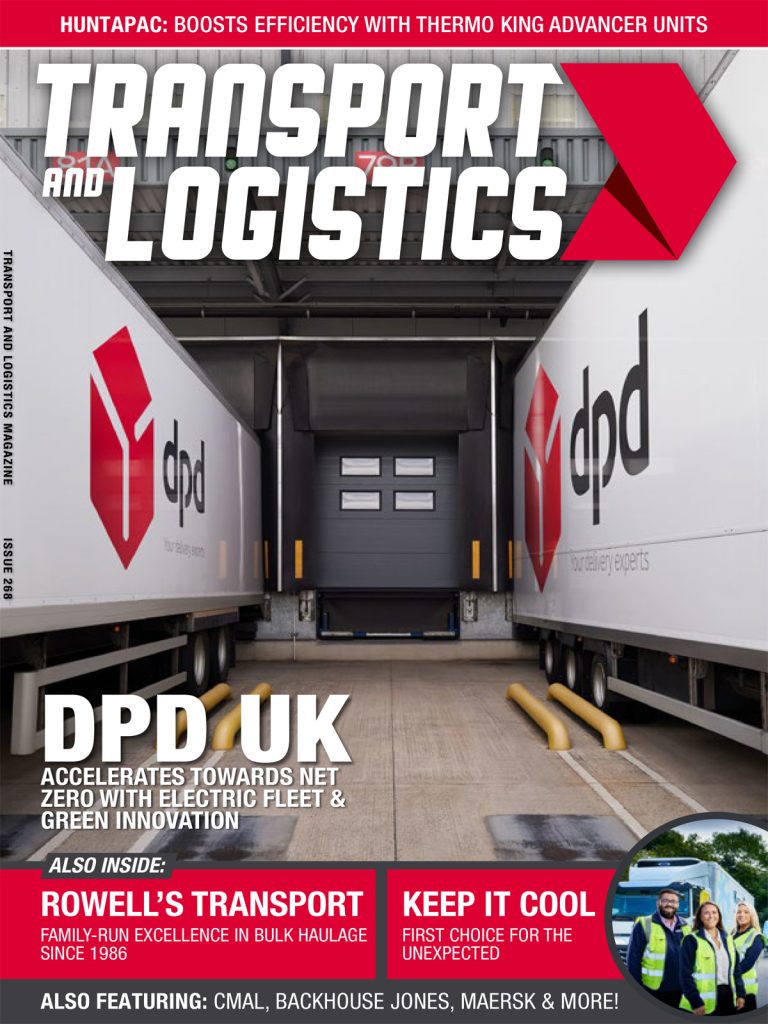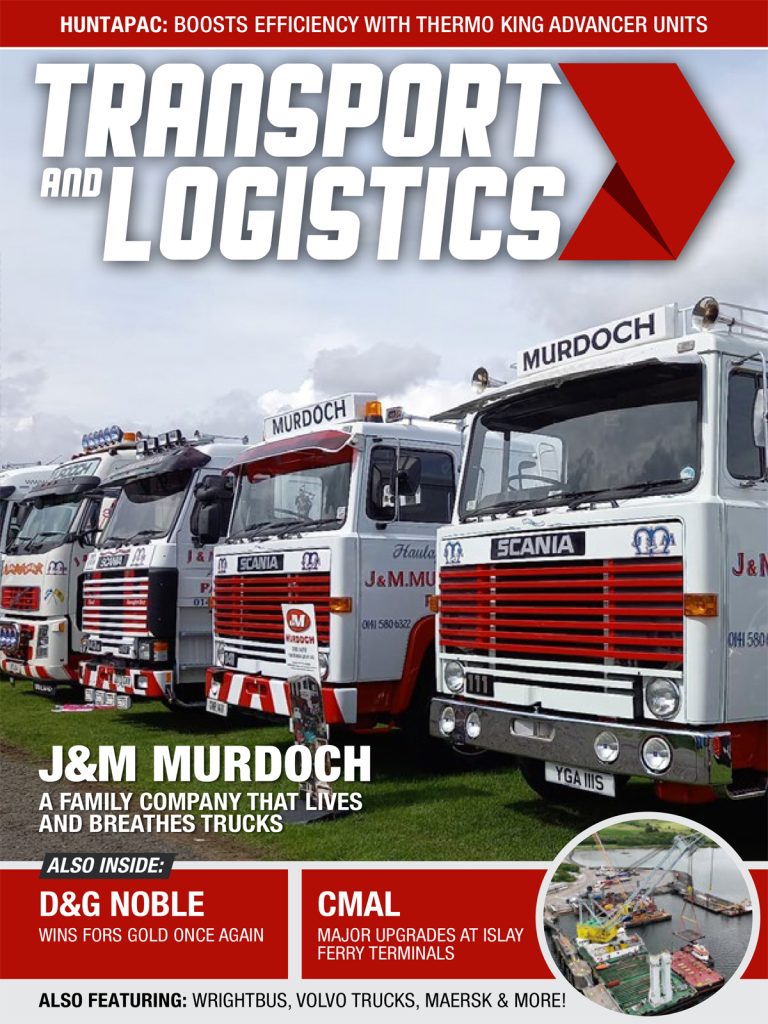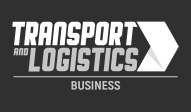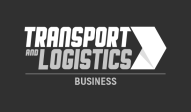In response to reports from FTA’s members that commercial drivers are being refused entry to businesses’ toilet facilities due to COVID-19 concerns, Sally Gilson, Head of Skills Policy at FTA, comments:
“FTA is urging businesses to drop their bans on commercial drivers using their toilet facilities, following reports from FTA members that this is occurring across the nation. The logistics sector is doing everything possible to keep supermarkets stocked in this time of unprecedented demand for food and other basic items, but it needs the support of businesses in order to do so. If these drivers are unable to take the basic precautionary measure of keeping their hands clean – something recommended heavily by government – then they are more likely to succumb to the illness, and in turn, will no longer be able to keep supermarkets, schools and hospitals etc stocked with the goods required. Businesses within this industry are determined to keep the UK economy operating as normally as possible; we just ask for the support of businesses during this turbulent time.
“According to the Workplace (Health, Safety and Welfare) Regulations, the receivers of deliveries are required to play their part in the overall provision of basic facilities; we urge businesses to remember their legal obligations and provide drivers with sufficient toilet and washing facilities.”
Efficient logistics is vital to keep the UK trading, directly having an impact on more than seven million people employed in the making, selling and moving of goods. With Brexit, new technology and other disruptive forces driving change in the way goods move across borders and through the supply chain, logistics has never been more important to UK plc. FTA is one of the biggest business groups in the UK, supporting, shaping and standing up for safe and efficient logistics. We are the only business group in the UK that represents all of logistics, with members from the road, rail, sea and air industries, as well as the buyers of freight services such as retailers and manufacturers whose businesses depend on the efficient movement of goods.




